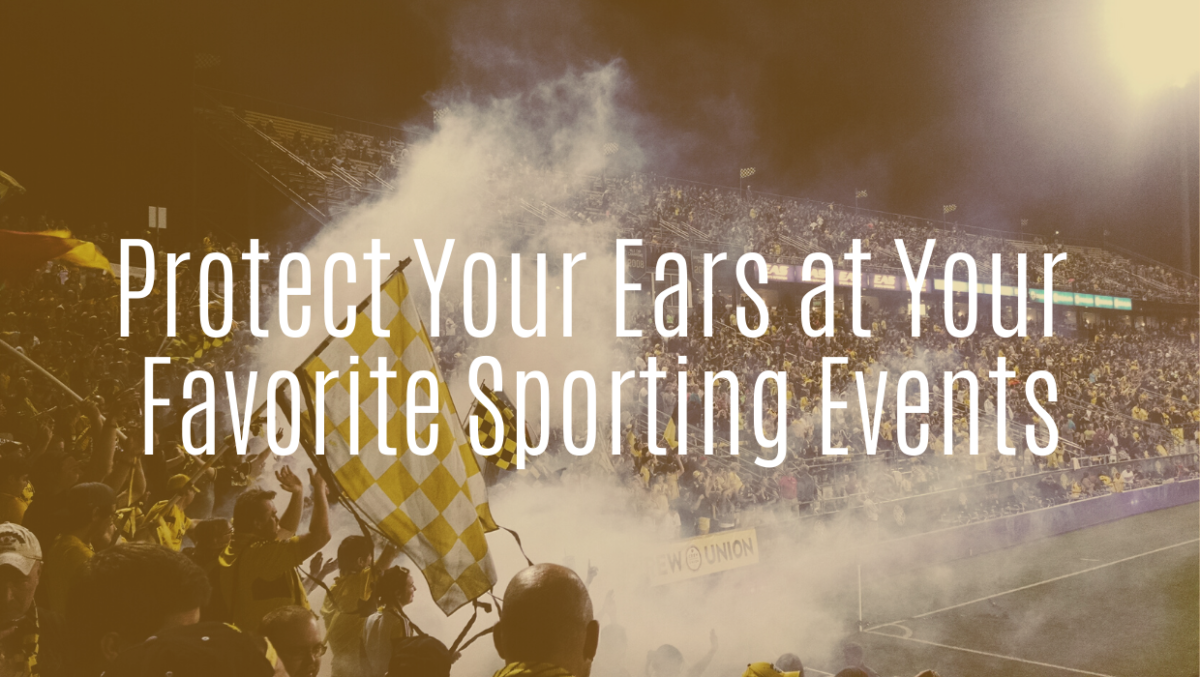Seattle Seahawk fans set a new world record for crowd noise in football in the summer of 2013, shouting their way to 136.6 decibels. A month later, the Kansas City Chiefs beat the record, producing a deafening 137.5 decibels of sound. The Chiefs’ official Twitter later account exclaimed: “BROKEN RECORD! #LoudandProud.” On Facebook, one Chiefs fan wrote,” Be LOUD AND PROUD, and blow out my eardrums!”
A culture of noise
The unsettling part about this phenomenon is the culture surrounding it. The “culture” is that the fans are not concerned about their hearing, as they are mostly ignorant about how damaging it can be.
For example, in the environment of an NFL or NBA game, the fans are mainly preoccupied with the performance of their team will respond accordingly. It’s a general rule of thumb that in an attempt to throw the opposing team off the fans get loud to encourage them to make mistakes.
Of course, though, the louder the fans get, the higher the damage. The culture present in today’s sporting society has been ingrained to the point where people take pride in the fact that their stadiums are renowned for being the loudest and most harsh conditions to play in, rather than taking care of their health.
Cheering can damage your hearing
The noise levels are much higher than the recommended threshold at most sporting events. Noise can vary between 94 decibels (as loud as a lawnmower) and 108 decibels (the revving of a motorcycle engine), depending on the acoustics of the sporting arena.
Stadium noise can be recorded at a deafening 130 decibels in some indoor arenas, levels which are equivalent to sandblasting and jet engines.
The National Institute of Occupational Safety and Health (NIOSH) warns that exposure to 85 decibels for more than eight hours, without proper protection, could result in permanent hearing loss. The suggested exposure time is cut in half each time the noise level increases by 3 decibels.
After the game
According to Julie Bierer, an audiologist specializing in cochlear implants at the University of Washington, most viewers will encounter anything from temporary hearing loss to ringing in the ears. The ringing doesn’t stop in some cases, and the individual develops tinnitus, an incurable condition that can signal a more serious underlying problem.
Over time, some people may develop permanent hearing loss, which occurs when tiny hair cells get so damaged in the inner ears that they can no longer transmit sound to the brain. Some can even end up with hyperacusis, in which even moderate amounts of noise can seem unbearable.
Fans need to guard their ears
To understand whether you’re at risk, you need to consider two things: the level of loudness and how long you might be exposed to it. To do this, use a sound level meter app to get an even more accurate idea of how loud things can get during the game.
Hearing protection should be used to protect spectators from hearing impairment once you are aware of just how loud the sound is.
There is a common misunderstanding that using hearing protection during a concert or sporting event will sap all the fun and atmosphere out of the event. That’s not true: Hearing protection filters hazardously high-volume levels for safe listening; the quality of the atmosphere is still there, and you can always talk and interact with your friends and family around you.
They come up to fit your ears in many sizes, shapes, and colors. You can also get customized hearing protection that is designed precisely to match your ears for the best fit. Talk to us if you’re wondering what options are available to you.
But remember to wear hearing protection correctly. You could get a great pair of earplugs, but if they aren’t correctly inserted into the ears, they may not be much different from wearing any protection at all.
It’s important to show your support for your favorite local sports team. But the next time you put on your team’s colors for the big game, consider protecting your hearing too.

